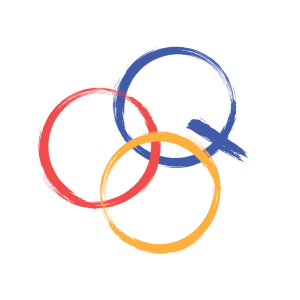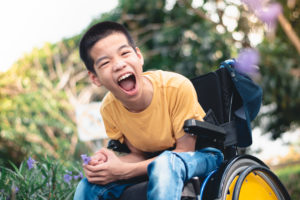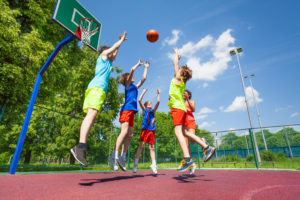
Q Paediatrics strives to optimise a child’s function throughout all stages of development. This may include infants who are not achieving the appropriate milestones, toddlers who are having difficulty acquiring new gross motor skills or school age children who are having difficulty completing the required fine motor skills of the classroom or trouble participating in physical activities with their peers in class and in the playground.









